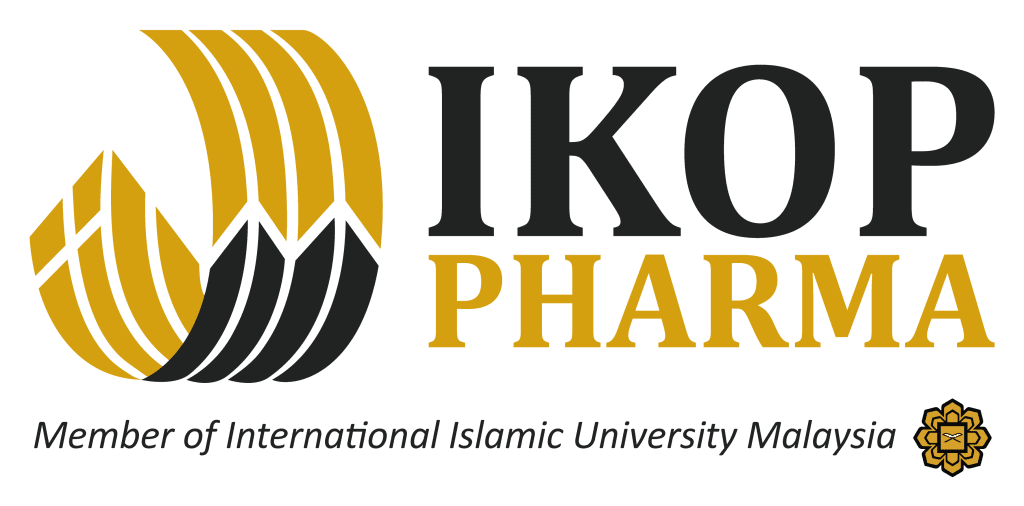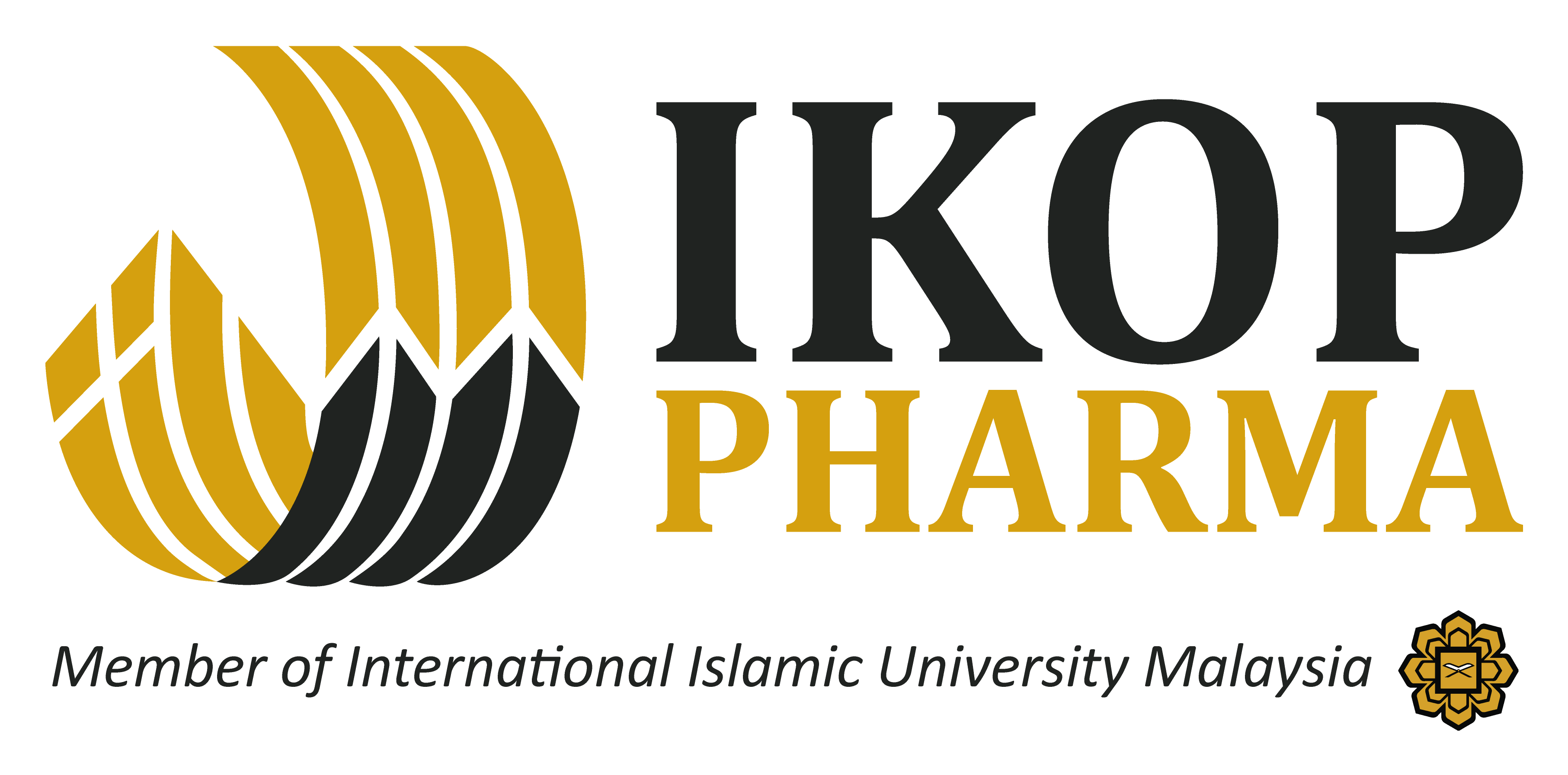
For university athletes balancing academics and sports – whether you’re competing for futsal team, training for rugby matches, or representing your faculty in track events – proper recovery is just as important as training itself. The life of a student athlete in Malaysia comes with unique challenges – back-to-back training sessions, intense competitions, and the pressure to perform well in studies while maintaining peak physical condition.
Muscle soreness, fatigue and occasional injuries are common struggles faced by young athletes across Malaysian universities. Many sports team members experience delayed onset muscle soreness (DOMS) after particularly grueling training sessions or tournaments. The tropical climate adds another layer of challenge, with heat and humidity accelerating dehydration and muscle cramps.
Smart Recovery Strategies for University Athletes
- Post-Workout Cooling Down – Never skip your cool-down routine. Light jogging and static stretching after training helps remove lactic acid buildup that causes that familiar post-game stiffness. It is recommends holding each stretch for at least 30 seconds.
- Hydration Matters More Than You Think – The combination of intense training and Malaysia’s heat means you need to replace fluids constantly. Sports nutritionists at university tournaments always emphasize electrolyte replacement, not just plain water.
- Quality Sleep for Muscle Repair – As student athletes juggling assignments and training, you might sacrifice sleep. But this is when most muscle recovery occurs. Aim for 7-9 hours, especially after heavy training days.
- Smart Use of Topical Pain Relief – For those days when muscles feel particularly sore after training, a quality analgesic ointment can help. Many athletes keep iGesic in their sports bags for targeted relief after intense sessions. Its cooling effect helps with muscle recovery while its anti-inflammatory properties reduce soreness.
- Active Recovery Workouts – On rest days, light swimming or cycling helps maintain mobility without straining recovering muscles. The swimming pool is perfect for these low-impact sessions.
- Nutrition for Recovery – Your post-workout meal should include proteins for muscle repair and carbs to replenish energy. The university cafeteria’s grilled chicken with rice is actually a great recovery meal option.

Balancing Studies and Sports Recovery
Time management is crucial. Schedule your recovery sessions like you schedule classes – whether it’s 20 minutes for stretching between lectures or using the weekend for proper rest. Many successful universities athletes treat their recovery with the same importance as their training regimen.
For persistent muscle soreness affecting your performance, don’t ignore it. The university’s sports clinic can help assess if you need adjustments to your training load. Meanwhile, keeping iSalic in your dorm room can help manage everyday muscle stiffness from those long library study sessions after training.
Remember, recovery isn’t a sign of weakness – it’s what allows you to train harder and perform better. By incorporating these recovery habits, athletes can maintain peak performance throughout the academic year while avoiding burnout and injuries. Your body is your most important equipment – take care of it as diligently as you train it.
Get your supply of iGesic and iSalic for faster recovery today! click here to make your purchase!

